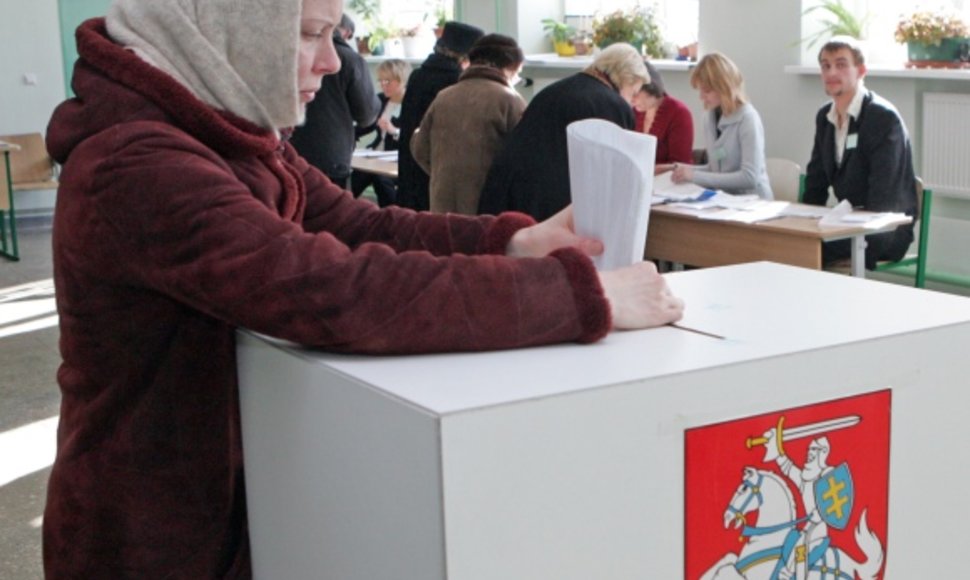"Following the adoption of the amendments on the ban of legal entities (to make donations for parties), the political system is getting more transparent, and the most important thing is that the need to spend big money is going down," he told the Žinių Radijas (News Radio) on Tuesday.
In his words, although there are no final financial reports from political parties, there's a visible tendency that parties spend less.
"As compared to the 2008 elections, the recent Seimas elections were cheaper by almost a third. Over 33 million litas (EUR 9.56 million). Based on still not final figures, 23 million litas were spent in 2012," Lingė said. "Taking into account the facts that prices went up, a record number of people ran for the Seimas and political advertising was restored and liberalized, which increases the need for funding, the lower expenditure number is even more striking," he added.
The presidential adviser also drew attention to the fact that the new legal regulation did not cut the number of parties getting into the Seimas as there are seven political groups in the current Seimas, same as in the previous one.
Lingė also noted that a new political party exceeded the election threshold after the legal entity donation ban was introduced.
"The new funding procedure did not prevent a newly-established party without state subsidies to get into the Seimas. It's an obvious proof that the outcome of elections does not depend on the amount of money only and that the goals which attract people are very important," he said.
Amendments banning legal entities from donating to political parties came into force last year, and private individuals are allowed to donate during political campaigns only. Now, political parties get subsidies from the state budget depending on their election results.












